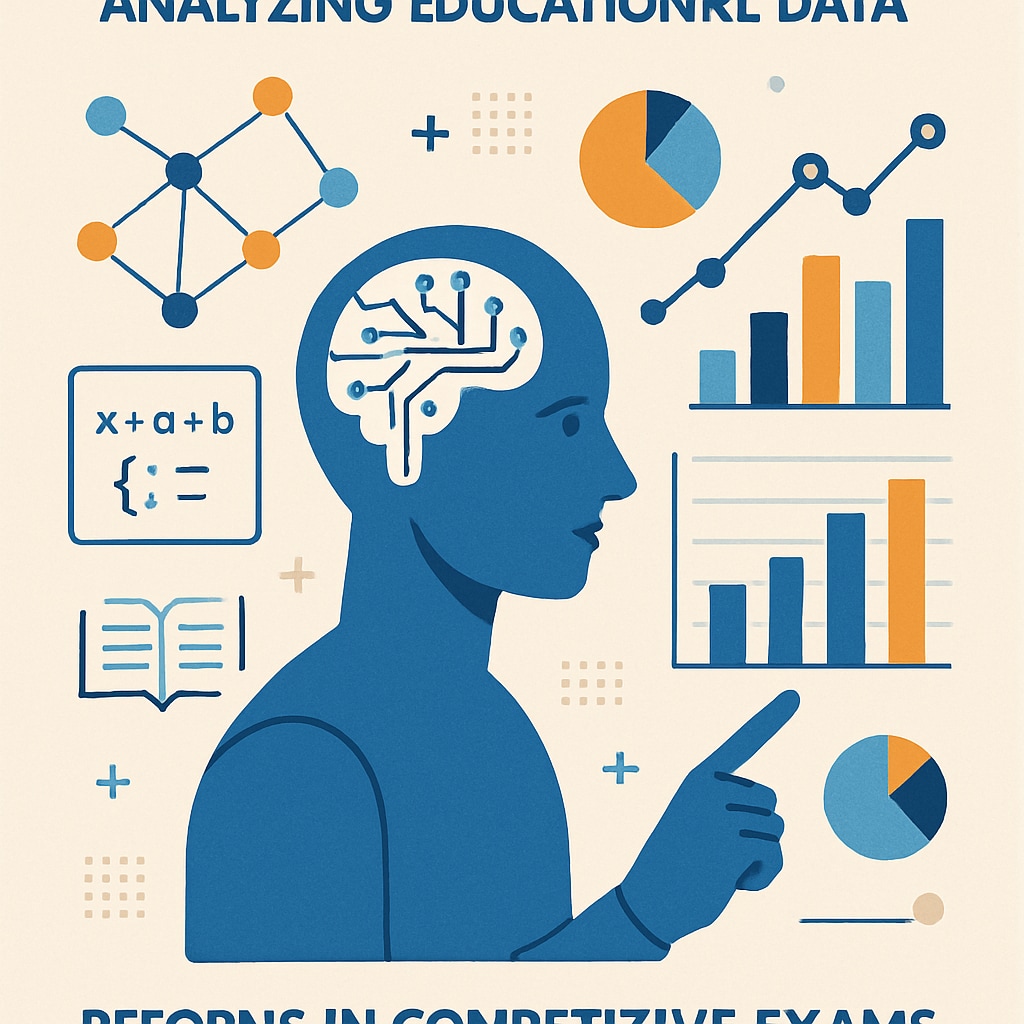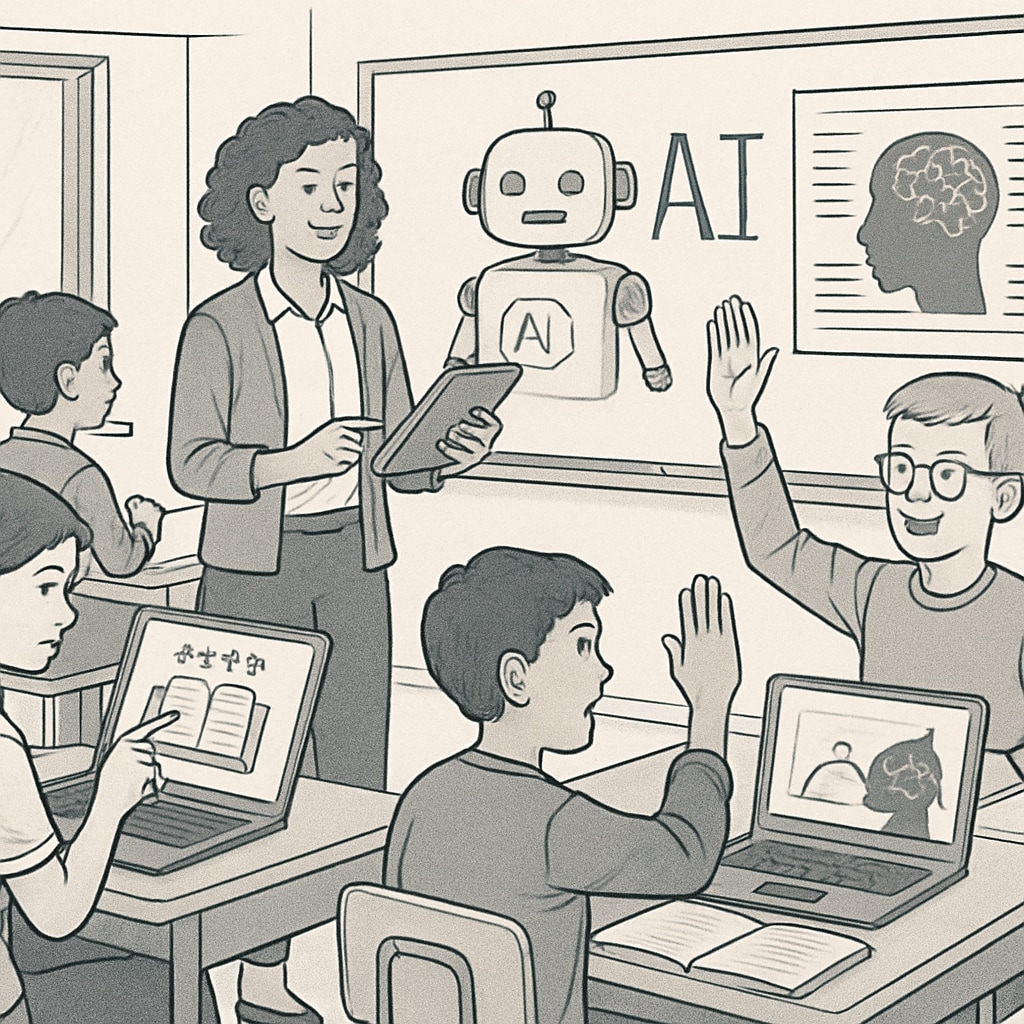Artificial intelligence (AI) is transforming nearly every aspect of modern life, including education. Traditional methods of competitive exams for K12 students, once seen as reliable assessments of talent and knowledge, are now at a crossroads. As AI continues to advance, it raises important questions about the efficacy of current evaluation systems. This article examines the urgent need to reform K12 competitive exams in the AI era and proposes innovative approaches to better identify and cultivate genuine talent.
The Limitations of Traditional Competitive Exams
For decades, competitive exams have been the cornerstone of education systems worldwide. These tests often emphasize rote memorization and standardized question formats. However, with AI’s capabilities to process vast amounts of data and simulate human intelligence, the limitations of traditional exams are becoming apparent. For instance:
- Exams focus more on memorization than on critical thinking or creativity.
- Standardized formats fail to account for diverse learning styles.
- The pressure of performing well in a single test can overlook a student’s broader abilities.
AI highlights these gaps by offering alternative ways to assess knowledge and skills, such as adaptive learning platforms and personalized assessments.

AI as a Catalyst for Change in Educational Evaluation
Artificial intelligence is not just a challenge to traditional exams; it is also a powerful tool for transforming them. AI can enhance education in several ways:
- Personalized learning paths: AI platforms can tailor questions and tasks based on individual strengths and weaknesses.
- Skill-based assessments: Instead of focusing on academic knowledge alone, AI enables evaluations that emphasize problem-solving, creativity, and collaboration.
- Continuous feedback: AI-powered tools provide real-time feedback, helping students improve over time rather than being judged by a single test.
For example, AI-driven systems like adaptive testing are already being implemented in some schools, offering a glimpse into a future where exams are less about competition and more about personal growth.

Shifting Focus: From Competitive Exams to Talent Cultivation
As AI continues to evolve, it challenges the traditional notion of exams as a zero-sum game. Instead, education systems must shift their focus from competition to nurturing individual talent. This requires:
- Redefining success: Moving away from grades and rankings to value skills like teamwork, innovation, and emotional intelligence.
- Integrating AI tools: Using AI to identify untapped potential in students who may not excel in traditional exams.
- Collaboration with educators: Teachers and policymakers must work together to design new frameworks that align with AI-powered learning.
As a result, the future of education could prioritize discovery and development of unique abilities rather than forcing students into rigid molds.
Conclusion: Building a Future-Focused Evaluation System
The rise of artificial intelligence calls for a significant transformation in K12 competitive exams. By embracing AI’s potential, educators can move toward a more inclusive and effective evaluation system that cultivates genuine talent. This shift is not just about reforming exams; it is about reimagining education as a whole, ensuring that every student has the opportunity to thrive in the AI-driven world.
As policymakers and educators take on this challenge, they must ensure that the new systems are fair, accessible, and capable of adapting to the diverse needs of students. AI offers the tools to make this vision a reality. Now, it is up to us to use them wisely.
Readability guidance: The article uses concise paragraphs, clear subheadings, and lists to improve readability. Overused passive voice is avoided, and transitions like “however” and “in addition” are integrated to maintain flow.


